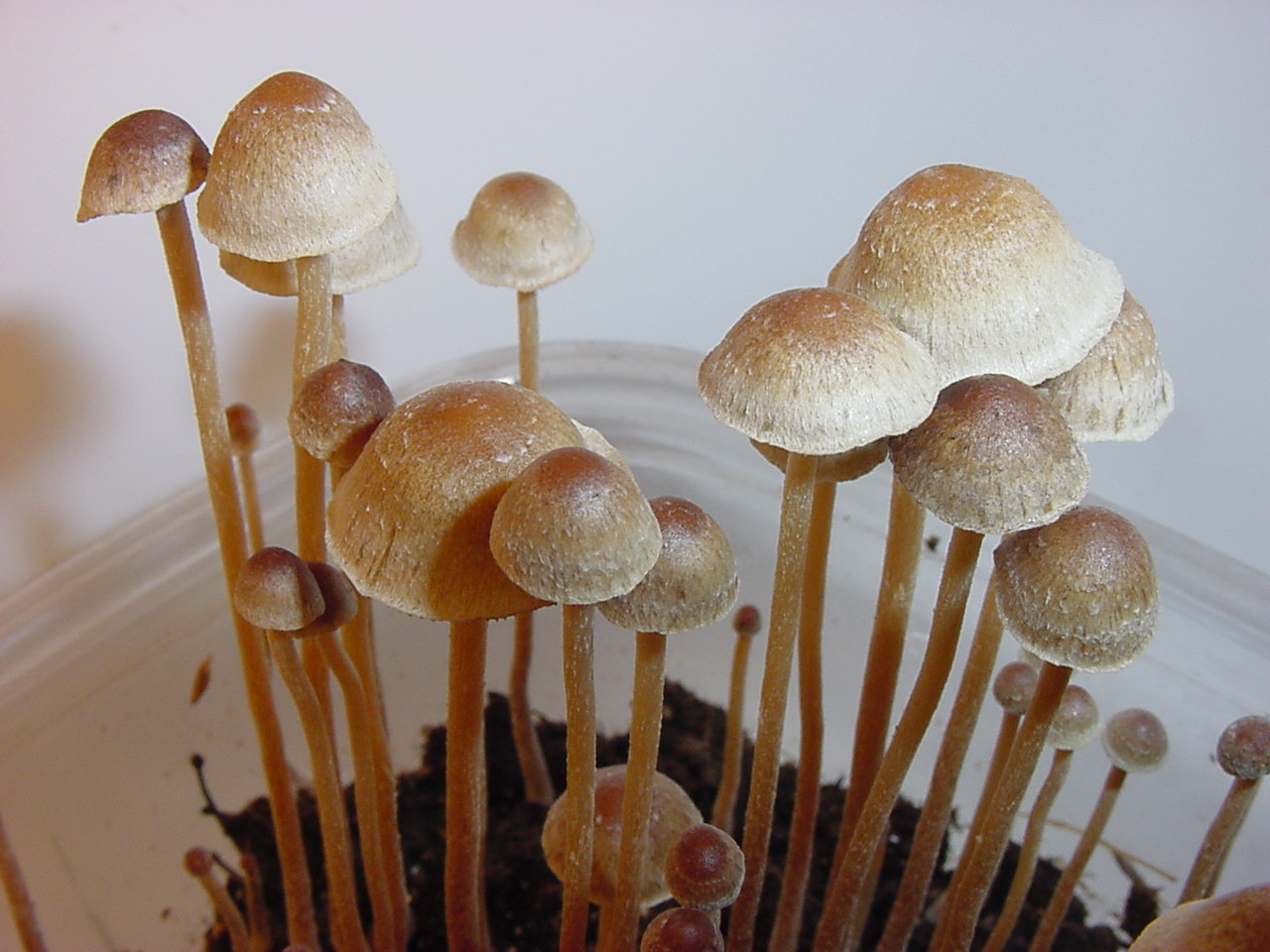After activists gathered thousands of signatures, Colorado’s state-wide November ballot will have two different initiatives concerning psilocybin-containing mushrooms, with one initiative decriminalizing the substance and the other initiative creating centers where users can take psilocybin.
The news come as quite a shock to some, but not to writers like us, who have been calling up their folks and screaming into the phone, “See? What have we told you since we were in fucking high school? Have we not been preaching the medicinal effects of psilocybin to you for the better half of twenty years, insisting that your treatment-resistant depression doesn’t need another dose of Prozac, but rather, you should eat an eighth of mushrooms and go outside to run your hands through grass? We told you, Mom and Dad, we fucking told you.”
Natural Medicine Health Act
According to an article from Colorado Public Radio, Colorado voters will get to vote on the Natural Medicine Health Act (NMHA), which allows adults 21 and over to possess and grow psilocybin containing mushrooms, though it wouldn’t allow intentional sales.
However, the bill would allow adults to gift psilocybin mushrooms to one another, which only means one thing: we’re actually looking forward to the holidays with our family this year.
Psilocybin mushrooms are mushrooms containing (way to use your context clues here) psilocybin, a substance that brings on a psychedelic and hallucinogenic experience. They used to be called “magic mushrooms” or “shrooms” but those terms kind of fell off the map after we graduated middle school.
Instead of allowing retail sales, the NMHA would legalize state-licensed “healing centers,” where personnel would administer the substance, kind of like how Ketamine clinics are working right now.
NMHA organizer Kevin Matthews told CPR its critical to give Colorado voters a choice when it comes to using the substance on their own or in a regulated space.
“Especially folks who may have some kind of diagnosis, like major depression or anxiety, these individuals would likely want to – at least at first – have an experience with these natural medicines in a structured, safe setting,” Matthews said.
Legal Possession and Use of Entheogenic Plants and Fungi
Conversely, Initiative 61, also known as the Legal Possession and Use of Entheogenic Plants and Fungi, would decriminalize the personal use of entheogenic plants and fungi, including psilocybin, psilocin, ibogaine, mescaline and dimethyltryptamine, or DMT.
While the measure does include mescaline, it states that this does not include peyote, but at this point, beggars can’t be choosers and we’re not about to pick apart ballot language after we’ve finally been gifted the state-wide initiative that we’ve spent literally our entire adult life yearning for.
Essentially, this ballot measure is a little more loose. While it doesn’t legalize psilocybin like the NMHA (or require users to be in facilitated healing centers), it broadly decriminalizes a large group of plant-based psychedelics, hopefully freeing us from the watchful eye of all Colorado’s law enforcement. Additionally, it also allows the cultivation and gifting of these aforementioned substances.
Unfortunately, people who don’t understand how drugs work have already spoken out on the matter.
Jeff Hunt, the director of the Centennial Institute (out of Colorado Christian University) expressed concern to Denver7 about how far decriminalization efforts may go.
“Denver has already decriminalized psilocybin and no one would be saying that we're doing very well in the City of Denver with our drug issues,” Hunt said. “And so, I'm concerned that this will take a problem that we're having in the City of Denver with the decriminalization of drugs to the entire state. I think the people of Colorado need to look at this and ask ourselves, is this really going to make our state a better place?”
While the quote from Hunt created a wide array of emotions, our most pertinent thought is this: We personally feel as though the drug problems plaguing Denver are almost entirely related to opiates, and, specifically, fentanyl. If we walked into Union Station and every patron was using psilocybin mushrooms or DMT, well, you’d never get us out of there.




Leave a Reply